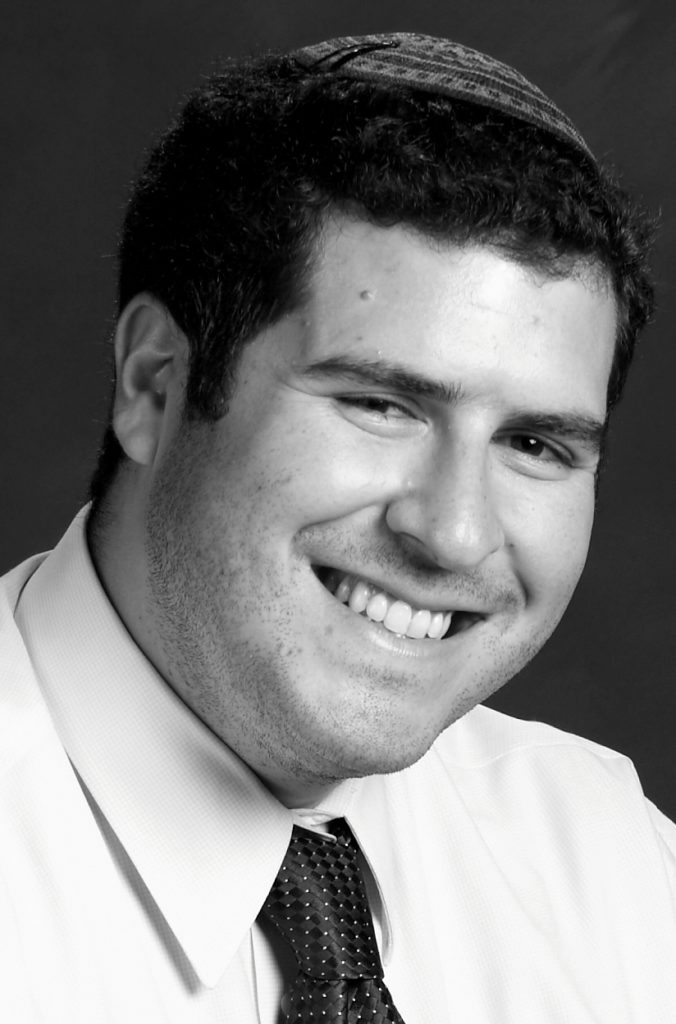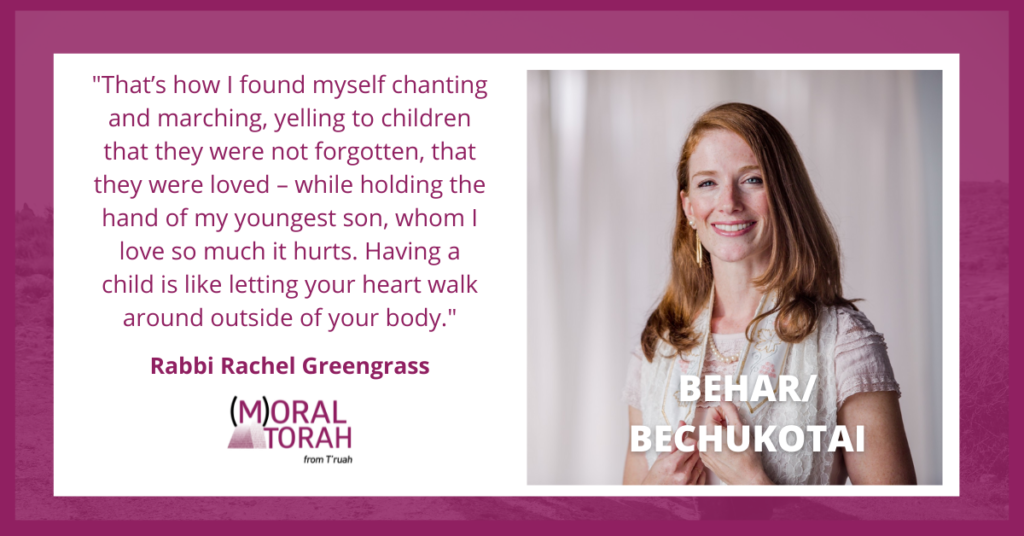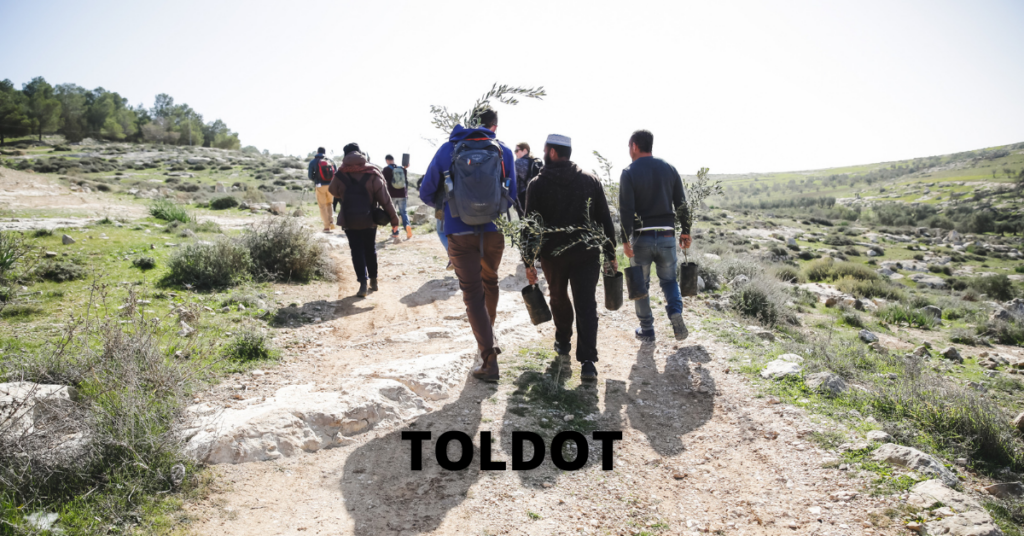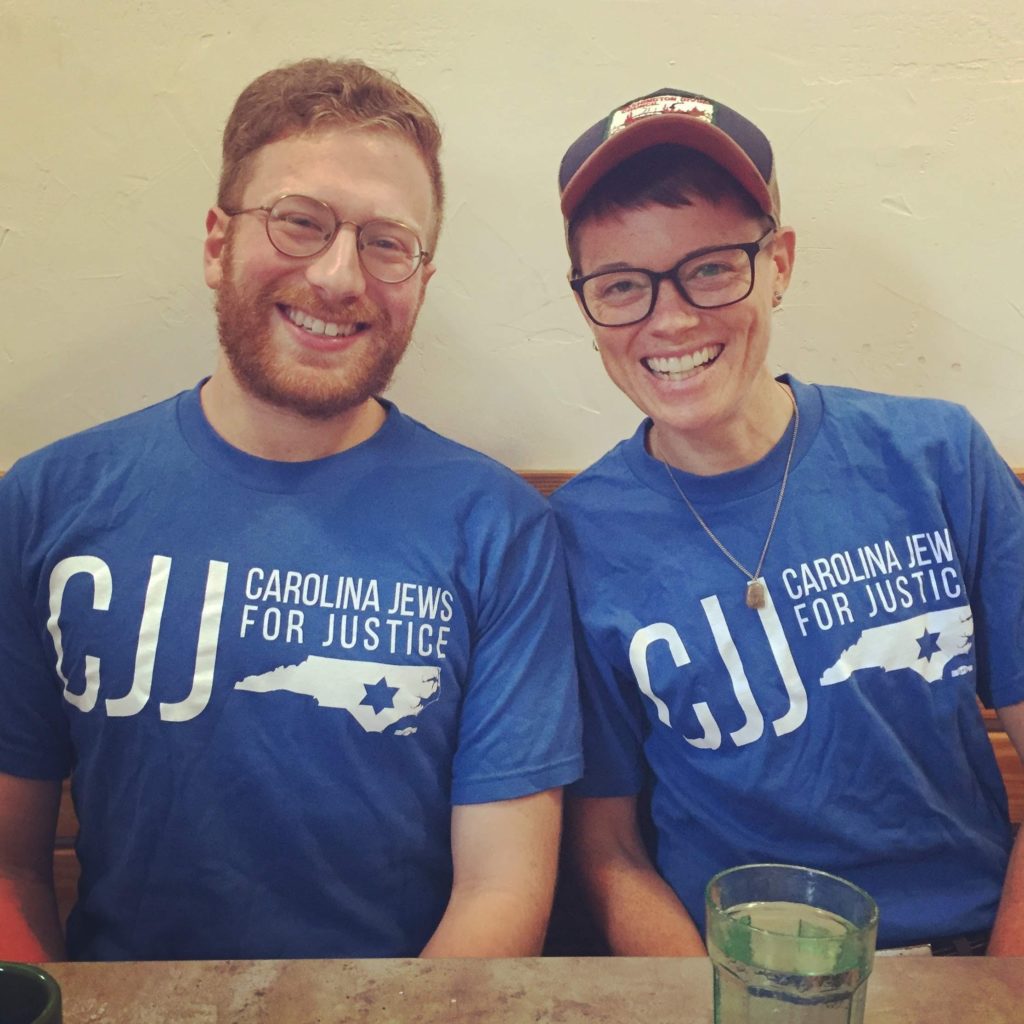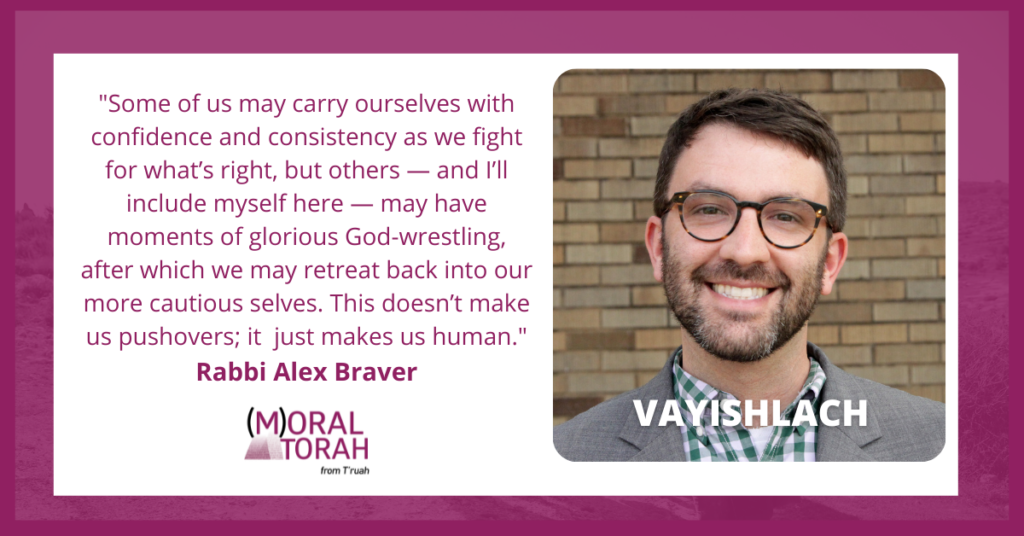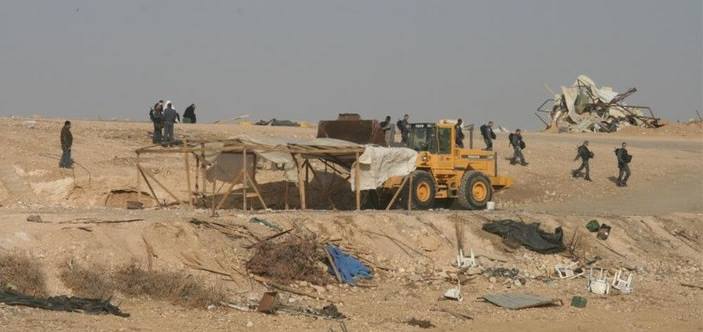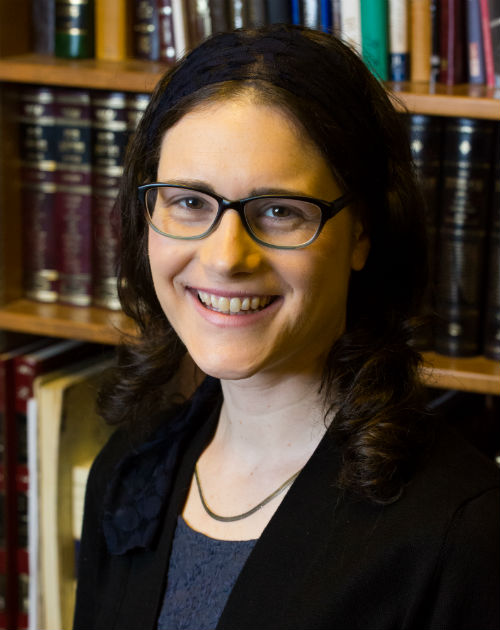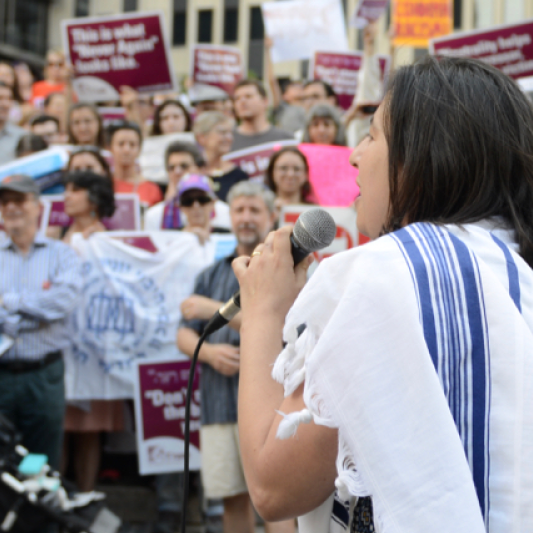2013 Rabbinic Letter on Bedouin Rights
In 2013, nearly 800 rabbis, cantors, and rabbinical and cantorial students signed this letter, which was delivered to the Israeli government. As spiritual and Jewish community leaders who care deeply about the State of Israel, we write to you in solidarity with concerned Jewish and Arab Israelis to urge you to withdraw the Bill on...
read more
